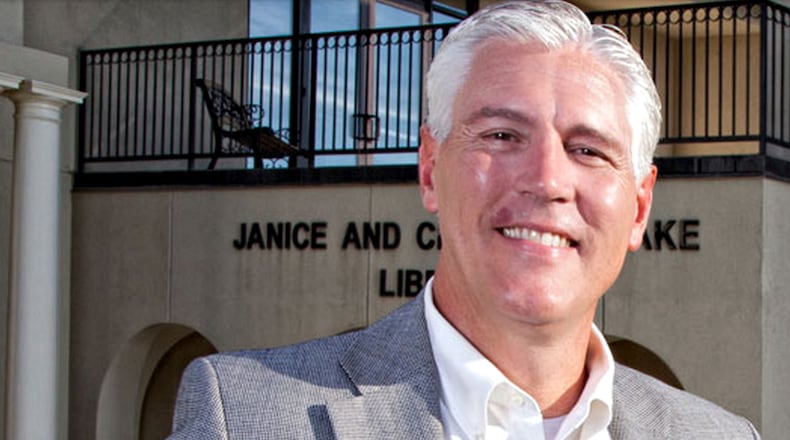- Man killed after his random act of kindness
- Woman survives car crash, killed trying to retrieve personal items
- Woman who posted picture of duct-taped dog charged with animal cruelty
- Bananas have a new threat that's being called a 'big nightmare'
- Selfie of the year? Brothers rescue bald eagle, take epic photo
Dr. Everett Piper received both praise and criticism when he gave his thoughts on today’s college students.
Piper, the president of Oklahoma Wesleyan University, made the comments after a student complained about a sermon at a university chapel service.
The student told Piper he felt victimized by the message, which was based on 1 Corinthians 13. The student felt the passage and message targeted him for "not showing love."
"In his mind, the speaker was wrong for making (the student) and his peers feel uncomfortable," a release from the school said.
Piper responded to the student's claims bluntly.
“I’m not making this up. Our culture has actually taught our kids to be this self-absorbed and narcissistic,” he began. “Any time their feelings are hurt, they are the victims. Anyone who dares challenge them, and thus, makes them 'feel bad' about themselves, is a 'hater,' a 'bigot,' an 'oppressor' and a 'victimizer.'
Piper went on to write, “That feeling of discomfort you have after listening to a sermon is called a conscience. An altar call is supposed to make you feel bad. It is supposed to make you feel guilty. The goal of many a good sermon is to get you to confess your sins—not coddle you in your selfishness. The primary objective of the Church and the Christian faith is your confession, not your self-actualization.”
Piper went on to tell that student and other students, “This is not a day care. This is a university.”
Piper finished the statement by advising students easily affected in a negative way, “This may not be the university you’re looking for. If you want to complain about a sermon that makes you feel less than loving for not showing love, this might be the wrong place. There are many universities across the land (in Missouri and elsewhere) that will give you exactly what you want, but Oklahoma Wesleyan isn’t one of them.”
About the Author
Keep Reading
The Latest
Featured

